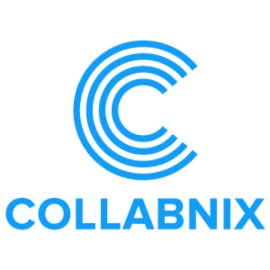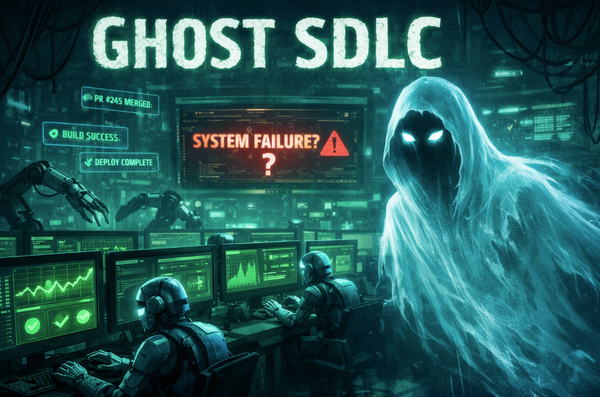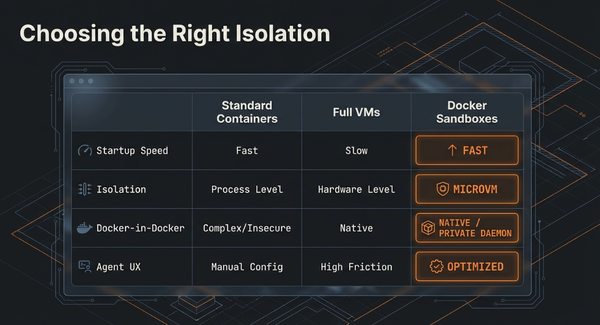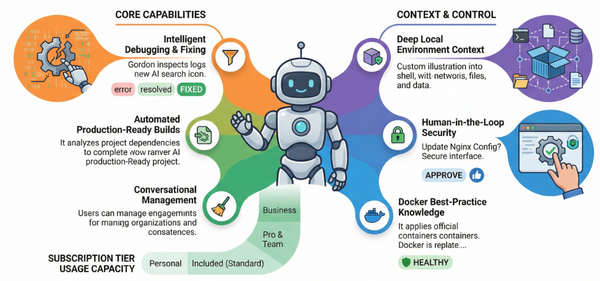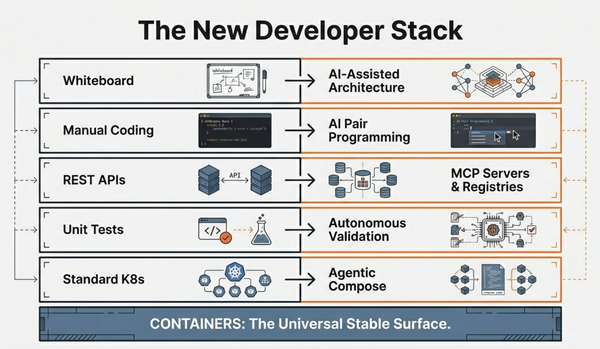LLM Chat UIs That Support MCP: Your Complete Guide to Building Smarter AI Workflow
From Claude Desktop to Cursor: A complete breakdown of which AI chat interfaces support MCP—and which ones are worth your time. Because in 2025, your AI assistant should do more than just talk.
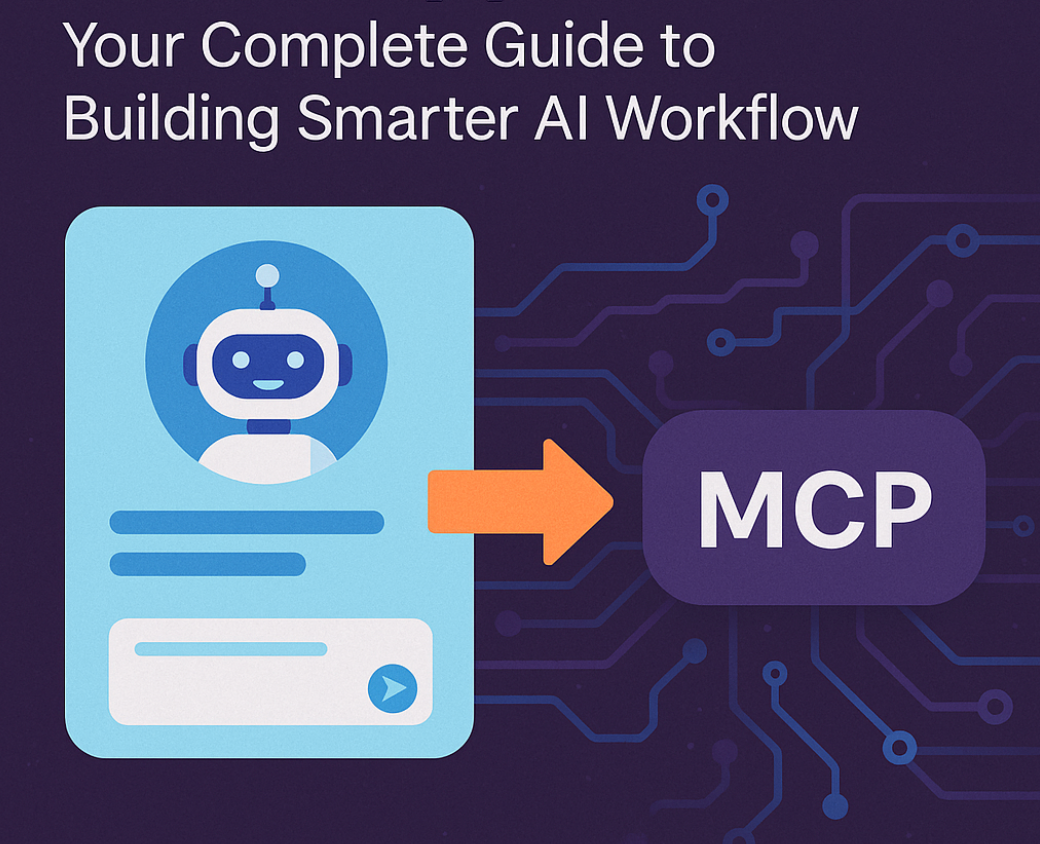
Remember when chatbots could only... chat? Those days are over. Thanks to the Model Context Protocol (MCP), your AI assistant can now check your calendar, query databases, browse files, and interact with pretty much any tool or service you throw at it. But here's the catch: not all chat interfaces are created equal when it comes to MCP support.
If you've been wondering which chat UI to use for your next AI project—or if you're just tired of being locked into a single platform—this guide is for you.
What's MCP, and Why Should You Care?
Before we dive into the tooling landscape, let's get one thing straight: MCP (Model Context Protocol) is an open standard introduced by Anthropic in November 2024 that provides a universal, open way to connect AI systems with data sources.
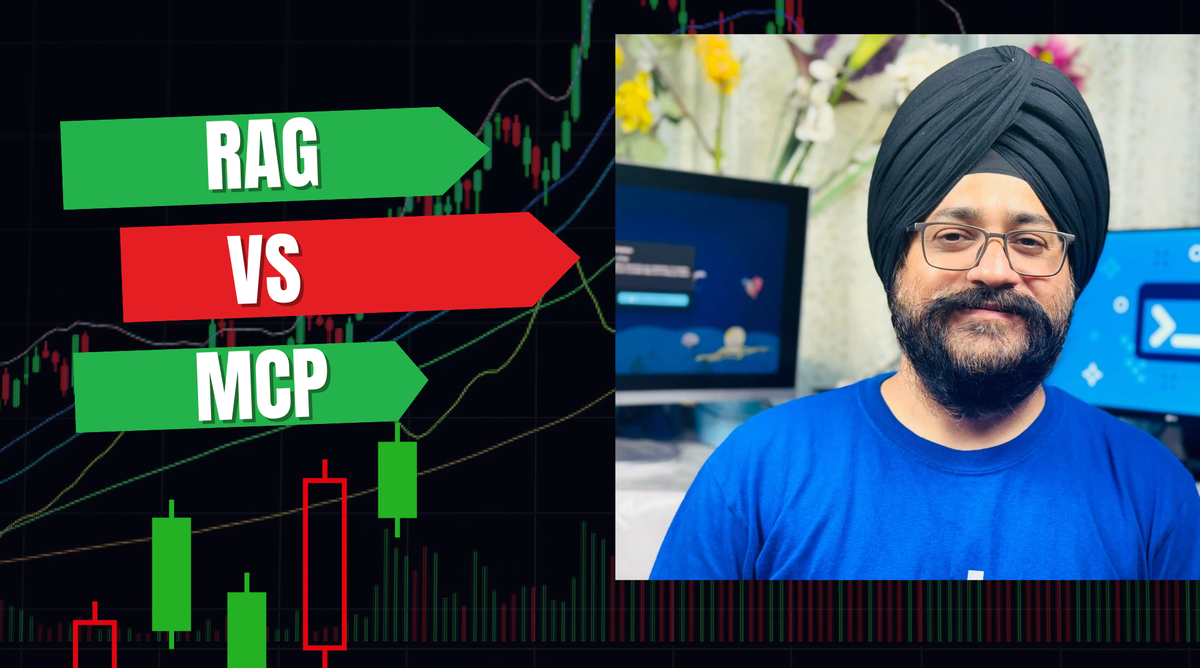
Think of it as USB-C for AI. Instead of building custom integrations for every combination of AI model and external tool, MCP gives you a standardized protocol. Write your integration once, use it everywhere.
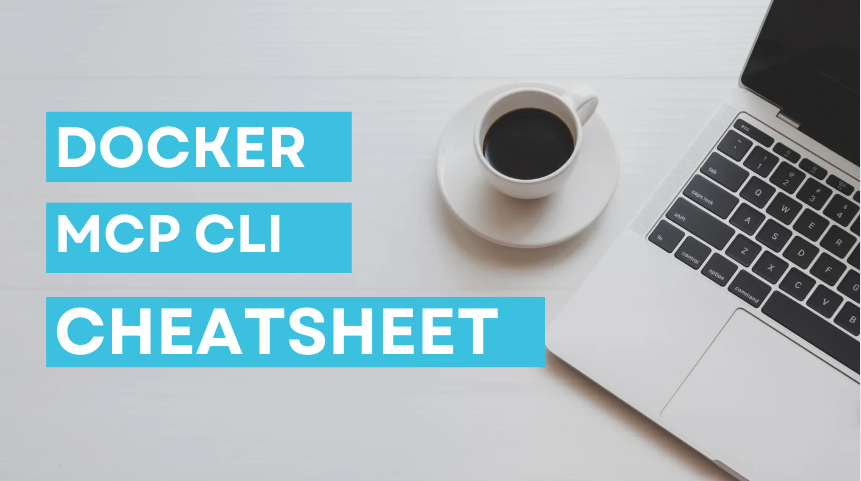
Any large language model that supports function calling (or tool use) is capable of making use of the model context protocol. That's the key insight—MCP isn't locked to a specific vendor or model. It's an open protocol that's rapidly becoming the industry standard.
The MCP Support Landscape: What's Actually Available?
Let me break down the current state of MCP support across different categories of chat UIs. I've spent time researching this, and here's what I found:
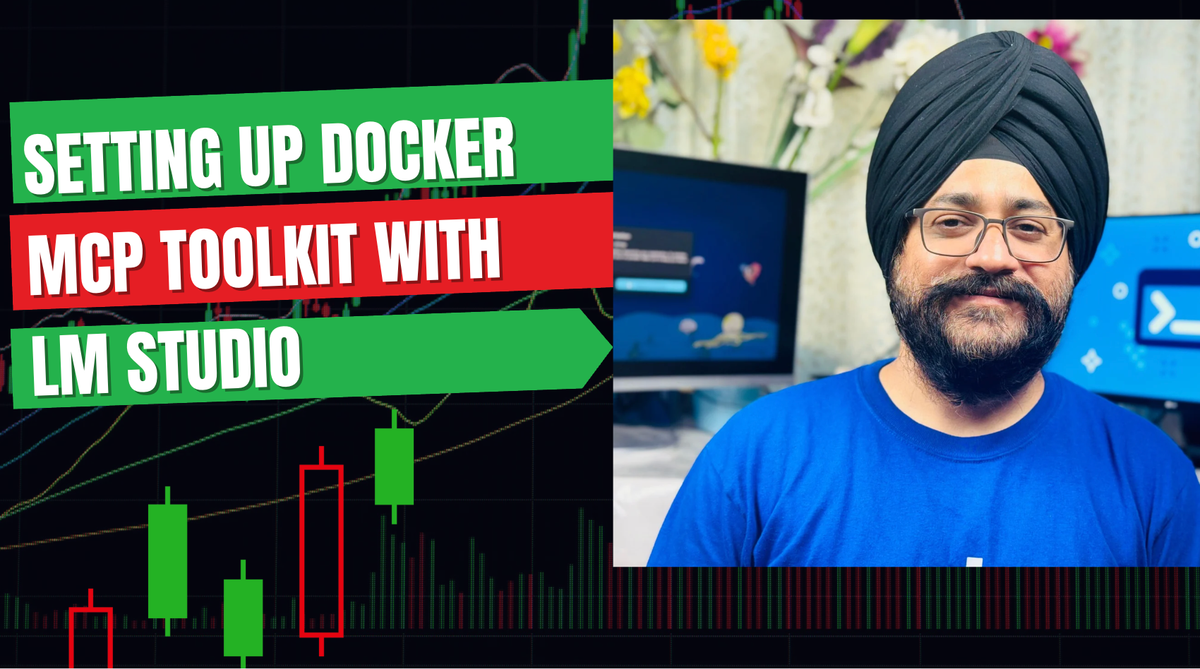
Native Desktop Apps: The Full-Featured Heavyweights
- Claude Desktop (by Anthropic)
The gold standard, and for good reason. All Claude.ai plans support connecting MCP servers to the Claude Desktop app with full support for resources, allowing attachment of local files and data.
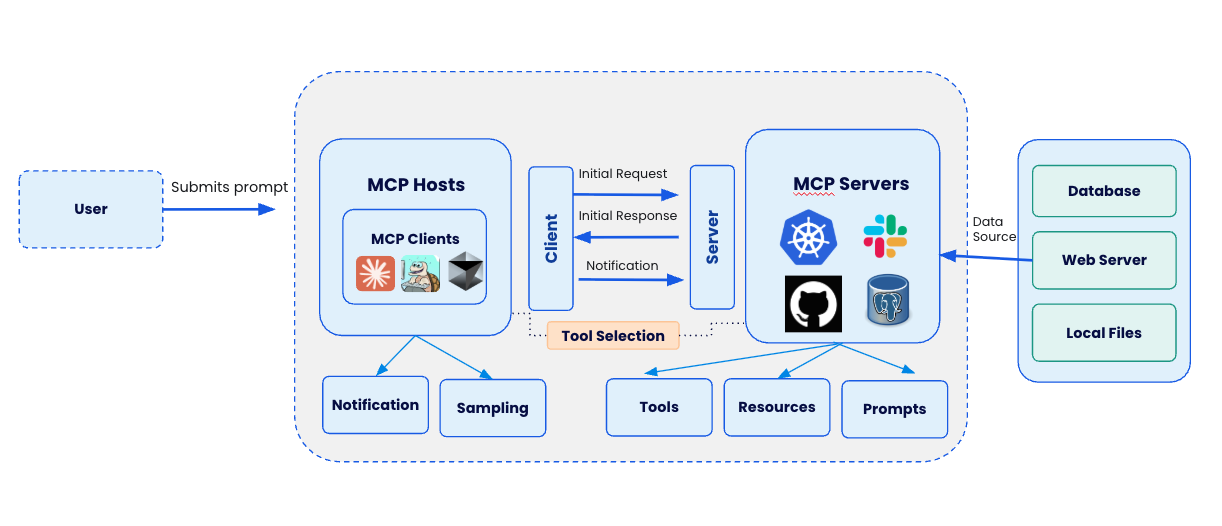
What makes it special? Desktop Extensions (.mcpb files) that let you install MCP servers with one click. No manual JSON editing, no terminal commands—just click and go. Available for both macOS and Windows.
- LibreChat

LibreChat is among the first platforms to fully implement Model Context Protocol (MCP) server support, with stdio/streamable HTTP-SSE transport, multi-user isolation, and flexible deployment options through YAML configuration—making it one of the most enterprise-ready MCP implementations.
If you're building something for a team or organization, LibreChat is worth serious consideration. It's open source, supports multiple users, and can be deployed via npm, Docker, or Kubernetes.
- AnythingLLM

AnythingLLM offers a simpler MCP setup process with its straightforward JSON configuration and built-in management interface . The catch? You need to use @agent mode to access MCP functionality. It's particularly strong for document-based RAG (Retrieval-Augmented Generation) use cases.
- Ask Gordon (Docker Desktop)

Ask Gordon is an AI assistant designed to streamline your Docker workflow, available in Docker Desktop version 4.38.0 or later. When you use the docker ai command, Gordon looks for a gordon-mcp.yml file in your working directory, which defines which MCP servers Gordon should access.
Perfect if you're already living in the Docker ecosystem. Just create a gordon-mcp.yml file and you're off to the races.
Code Editors: Where MCP Shines for Developers

- Cursor
The AI-powered code editor that's been making waves. Cursor supports MCP and integrates it directly into your coding workflow. If you're spending most of your day in an editor, this is where MCP can really transform your productivity.
- Cline (formerly Claude Dev)
Cline is an autonomous coding agent in VS Code that edits files, runs commands, uses a browser—with your permission at each step. It's like having a pair programmer who can actually interact with your development environment.
- Continue
A coding assistant plugin for VSCode and JetBrains that's highly configurable and open source. The beauty of Continue is its flexibility—you can customize it extensively while still getting robust MCP support.
- Windsurf and Roo Code
Both support MCP and offer autonomous coding capabilities. Roo Code is actually a fork of Cline with autonomous CLI capabilities.
Web-Based and Self-Hosted Solutions
- Open WebUI

Here's where things get interesting. Open WebUI is the most popular open-source ChatGPT alternative with over 100,000 GitHub stars. However, it doesn't have native MCP support.
Instead, it requires using mcpo (MCP-to-OpenAPI proxy) to convert MCP servers into REST API endpoints that the platform can consume . It's a workaround, but it works. If you're already invested in Open WebUI, this gives you a path to MCP integration.
- Open MCP Client (by CopilotKit)
A web-based MCP client that can chat with MCP servers and is embeddable into any app. This is particularly useful if you're building your own application and want to add MCP support without reinventing the wheel.
The "Build Your Own" Option
Want complete control? You can build your own MCP-enabled chat interface. There are example chat clients with MCP-UI support that automatically render tool call results as UI components, built with Next.js.
The MCP ecosystem provides SDKs in multiple languages, so whether you're a Python developer, TypeScript enthusiast, or Java programmer, you've got options.
Real-World Use Cases: What Can You Actually Do?
Let me give you some concrete examples of what MCP-enabled chat UIs unlock:
For Developers:
- Ask your AI to query your production database (read-only, of course)
- Have it fetch the latest issues from GitHub
- Get real-time analytics from your ClickHouse instance
- Control development tools like Blender for 3D modeling
For Productivity:
- Connect to Notion, Jira, or Linear for project management
- Query your company's Slack history
- Access Google Drive documents
- Schedule meetings by checking your actual calendar
For Data Work:
- Query PostgreSQL or MongoDB databases
- Fetch live stock prices or market data
- Pull weather forecasts for specific locations
- Aggregate transaction data from financial institutions
Which One Should You Choose?
Here's my honest take:
Go with Claude Desktop if:
- You want the smoothest, most polished experience
- You're okay with being in the Anthropic ecosystem
- One-click extension installation appeals to you
Choose LibreChat if:
- You need multi-user support
- Enterprise features matter (isolation, deployment options)
- You want full control over your deployment
Pick AnythingLLM if:
- RAG with documents is your primary use case
- You want a simpler setup process
- Built-in management UI is important
Use a coding-focused tool (Cursor, Cline, Continue) if:
- You're primarily coding
- You want AI assistance integrated into your editor
- Development workflow automation is the goal
Build your own if:
- You have specific requirements none of these meet
- You want to embed MCP chat into an existing application
- You enjoy the learning experience and want full control
Getting Started: A Quick Example
Let's say you want to set up Ask Gordon with MCP support. Here's how simple it can be:
# gordon-mcp.yml
services:
time:
image: mcp/time
postgres:
image: mcp/postgres
environment:
- POSTGRES_CONNECTION_STRING=postgresql://user:password@localhost:5432/dbThen just run:
docker ai "what's the current time in Tokyo?"
docker ai "show me the tables in my database"That's it. Gordon will use the MCP servers you've configured to answer these questions.
The Future is Tool-Enabled
We're moving from AI assistants that can only respond with text to AI agents that can actually do things. MCP is the protocol making that transition possible.
The ecosystem is growing fast. In March 2025, OpenAI officially adopted MCP, integrating it across ChatGPT desktop app, OpenAI's Agents SDK, and the Responses API. In April 2025, Google DeepMind CEO confirmed MCP support in upcoming Gemini models.
As of early 2025, there are already about 700 MCP servers implemented, with new ones launching daily. Whether you're building internal tools, customer-facing applications, or just trying to supercharge your personal productivity, there's likely an MCP server (or chat UI) that fits your needs.
Your Next Steps
- Pick a chat UI from the list above based on your use case
- Find relevant MCP servers in the community registry or Docker MCP Catalog
- Start small with one or two integrations
- Iterate and expand as you discover what works for your workflow
The MCP revolution is here. The only question is: which chat UI will you choose to ride it with?




